Born to a Japanese mother and American father, up-and-coming singer and songwriter Emi Meyer is carrying lots of great cultural influences in her blood. On December 4, she takes her career to the next level with the release of her album Galaxy’s Skirt: Deluxe Edition. She has already done some important steps and she is steadily increasing her eclectic and fashionable fan base. Meyer has won the 2007 Seattle-Kobe Jazz vocalist competition, performed at multiple festivals and collaborated with important artists such as Colbie Caillat, Yael Naim, Joe Henry, and Brett Dennen.
Her debut album, Curious Creature came in 2009 reaching #1 on Japan’s iTunes Jazz Charts and leading her to be crowned as iTunes Japan’s best new artist. Next came her critically acclaimed album Suitcase of Stones where she worked with Grammy Award winning sound engineer Husky Höskulds (Norah Jones and Sheryl Crow) and birthed songs that went on to be featured in commercials for Mitsubishi UFJ, Morgan Stanley, Dannon, Seiko, and Lexus. Her songs have also been featured in popular TV shows including MTV’s Awkward and TV Land’s Younger. For her cool outfits she has collaborated with various brands and designers including Marc Jacobs and Ted Baker. And she finally shared her dreams and vision with Fashionality!
Elena: You are releasing your album Galaxy’s Skirt: Deluxe Edition on December 4. How do you personally describe your music genre and overall attitude as a singer and songwriter?
Emi: To be honest I am not the most confident performer/singer/pianist/songwriter. I know there are plenty of individuals that are way better at each of those things. But when you combine all of those roles and then add Japanese versions of them too, that is my niche. So as an artist I just try to dig deeper into that cultural place that speaks most to my identity. That’s why I enjoy releasing albums in English and then in Japanese, in jazz and then in pop, etc. Being a hyphen lets me explore, and I am grateful for that.
Elena: Being born in Kyoto and raised in Seattle, have you ever felt that those origins had an impact on your aesthetics and in what sense?
Emi: Yes, I am grateful to having parents that are proud of each of their cultures. My mom is an art historian and curator of Japanese art, so I grew up in museums looking at old monochrome ink paintings and golden screens. I would wander the halls of deserted museums after finishing my homework. Being alone as a kid with all those masterpieces really inspires awe. And then my dad paints for fun, so I grew up drawing with him as well. That’s why composing for film or commercials is really fun for me because it reverses the process- I look at the director’s colors and visual storylines and they inspire some sort of sound. It’s like a puzzle, and I am happy for that art background that I have.
Elena: What’s, based on your career experience, the philosophy behind a successful path in any creative field?
Emi: To me I’ve found it’s most important to be kind and generous to people because it is such a small community. If you find people that are easy to work with, try to grow with them. I believe in loyalty to people who have helped you out, and it makes me happy to be able to bring jobs back to them. The other thing is, when I was starting out I used to wonder “why can’t I get this job” or “why can’t I get so-and-so’s attention” but it’s really that opportunities come to you when you are ready. I find that I get jobs now that I used to want 2 or 3 years ago and I realize, “Oh I am so much more prepared for this now. I am so glad I didn’t get this gig back then.” You just can’t be discouraged. Keep working and trust that you are growing, usually through both practice and life experience. If music means enough to you, you’ll do that anyways, regardless of whether anybody will hear you or not. So it’s win-win.
Elena: In what ways people’s feedback help you enhance your creative skills and the quality of your work?
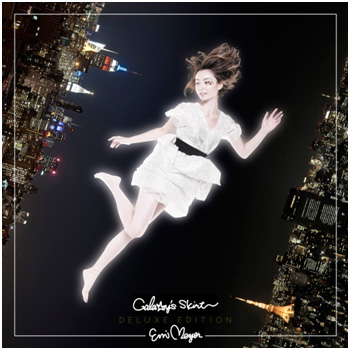 Emi: There are a few people that I really trust with feedback. My parents, my partner, and my label president and manager. They all come from COMPLETELY different places and for different reasons. So it’s cool to compare and contrast. There’s the family and friends who have seen my development from the beginning and don’t care about the business side, and then an additional difference in perspective between Japanese and American markets. For example, I’m replacing songs from my newest album in Japan “Monochrome” with originals for the US release next year for Origin records. That’s because super famous jazz standards are more popular in Japan. In Korea, Sony and I switched the title of the album to “Home” because that resonates with that market. It’s like wearing different designers down the runway, you get try on different looks and attitudes.
Emi: There are a few people that I really trust with feedback. My parents, my partner, and my label president and manager. They all come from COMPLETELY different places and for different reasons. So it’s cool to compare and contrast. There’s the family and friends who have seen my development from the beginning and don’t care about the business side, and then an additional difference in perspective between Japanese and American markets. For example, I’m replacing songs from my newest album in Japan “Monochrome” with originals for the US release next year for Origin records. That’s because super famous jazz standards are more popular in Japan. In Korea, Sony and I switched the title of the album to “Home” because that resonates with that market. It’s like wearing different designers down the runway, you get try on different looks and attitudes.
Elena: What’s your relationship to fashion and how did you decide to embark on certain fashion collaborations?
Emi: Honestly, it started really simply: I loved a Marc Jacobs dress in 2012 that I wanted to wear for a show in NY. The Japanese president for their brand is a super cool guy who plays music himself, so he made it happen. Since then, I’ve worn many brands, and sometimes I try to wear local designers when playing a show in a new town. When you wear a local designer, there’s an automatic story and connection to the audience, and since they are being kind enough to have me, it’s a way to reciprocate the support to one of their own.
Elena: Do you recognize that on-trend connection between fashion and music and how do you explain it? If fact, do you think that it’s a timeless bond?
Emi: Oh my Gosh, yes. I am not a fashion connoisseur by any means, I’ve never been. I probably got lost somewhere in the beginning when I realized the different aesthetic between Osaka (where I spent my summers) and Seattle. So in some ways, I don’t have a strong personal style, and prefer to be a chameleon for different designers. The connection between fashion and music really struck home last week in NY when I was performing at a private gala for 1,000 American and Japanese people. For this show, the artist Yoshiki (of the band X Japan) lent me a kimono he’s been designing. It was a robin egg blue, with navy vines along the sleeves, and made with a light material that felt more like a dress. For a huge ballroom of mostly people who’ve never heard of me, this kimono was what made me feel confident on stage. It highlighted who I am in a sea of black suits, and since it was designed by a pianist, the sleeves were gorgeous when I sat to play piano. Fashion has the power to tell the story of who you are, and grab attention in an instant, something that is precious to a stage performance.
Elena: Who are the fellow artists you admire for their personal style and fashion choices?
 Emi: I like my French singer songwriter Yael Naim, she is just fully her quirky self on stage. She wore socks and these knitted sleeves the first time I opened for her on tour. Having seen her off stage and at home in Paris, I am just like, “wow that is so confident and so you!” Robbie Robertson (The Band) is also super on point. He’s seen so many trends, and the scarf he’s wearing in The Last Waltz says it all. The other day I was in his studio and he was wearing black Prada shoes with white soles. Fashion that doesn’t call out for attention, but you can’t help notice details, speaks to me.
Emi: I like my French singer songwriter Yael Naim, she is just fully her quirky self on stage. She wore socks and these knitted sleeves the first time I opened for her on tour. Having seen her off stage and at home in Paris, I am just like, “wow that is so confident and so you!” Robbie Robertson (The Band) is also super on point. He’s seen so many trends, and the scarf he’s wearing in The Last Waltz says it all. The other day I was in his studio and he was wearing black Prada shoes with white soles. Fashion that doesn’t call out for attention, but you can’t help notice details, speaks to me.
Elena: How important do you feel your on-stage look is and who are the creative people you are thankful for?
Emi: Currently I am wearing Ted Baker for my Japanese tour. They have so many pieces that are appropriate for fancier halls, club gigs, and in general events/appearances, I am literally able to get something for every occasion.
Elena: How much did your music, as well as your personal style, evolve from the moment you started off as an artist?
Emi: I’d say it’s influenced by where I am living. In college, in LA, for my first two albums, it was more bohemian and vintage. Then I started working with brands, and it opened my eyes to what’s going on currently in the fashion world. Now as I live in Tokyo, it’s super exciting to see what people are wearing on the streets, and you can literally get every single piece you desire here. I think Isabel Marant really helped my transition from early 20’s to late 20’s fashion. She is super appropriate for Asia, Europe and can be a sleek look in the US.
Elena: Which are the most daring things you would like to try on stage, or as an artist in general, at some point?
Emi: I used to want to dance, or flaunt more leg or something, but I realized that’s not me. I’m glad that strange fantasy passed. It’s nice to gradually cross off the list what you aren’t, because you don’t have to waste any time. To be honest, every time I step on stage or studio, I am daring myself to be more authentic in English or Japanese, more carefree to any worries in the back of my mind about how I look or sound. To peel back more and more layers until I’m emotionally naked onstage. I started out very private and shy so that’s a full-time job for my “daring” gene.
Thanks so much Emi, and Good Luck!
Love!!!
Elena Sendona


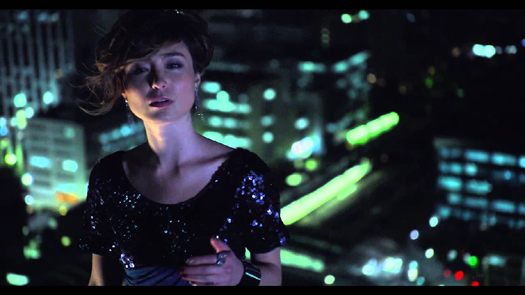
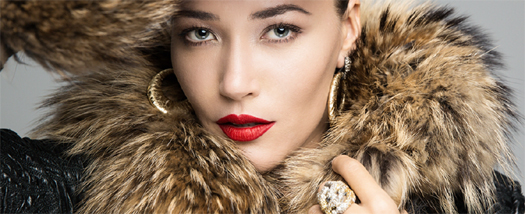
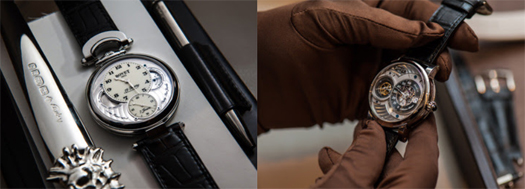


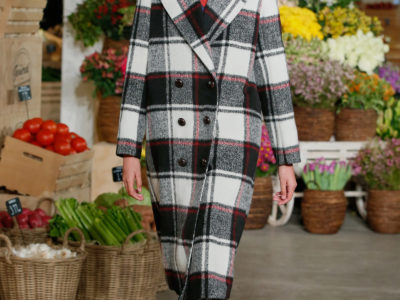
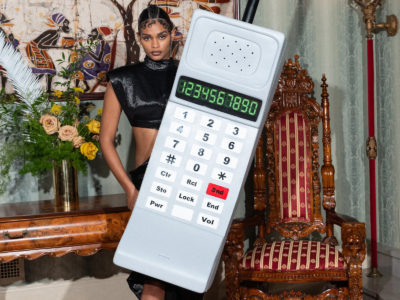

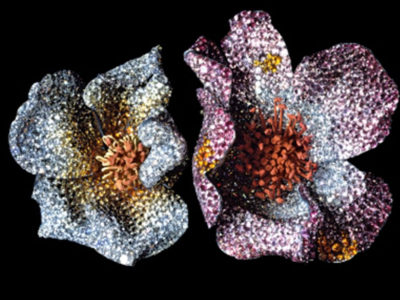

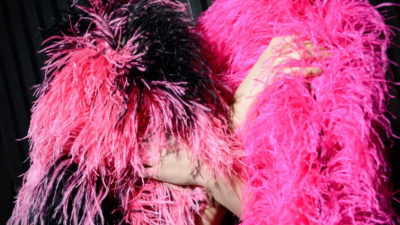
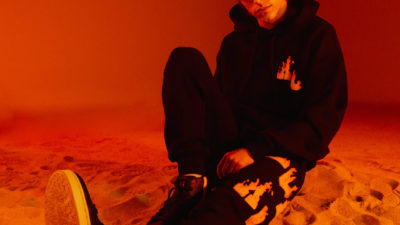

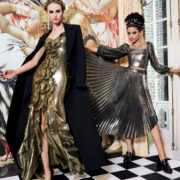
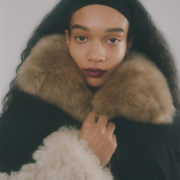
http://windittight.com/alexander-mcqueen/
What a lovely post to read!